If episode eight of MagiRevo told the cautionary tale of Algard’s self-destruction, episodes nine and ten warn that Anis is heading toward a similar fate. She isn’t consumed by self-love like Algard, but she’s also closed off from the world, preferring to turn inward rather than to others. She’s a monster like Algard: a dragon facing off against a vampire. And as the two clash, Anis faces the consequences of her past actions, the weight of future expectations, and who she’s becoming now.
Anis’s battle with Algard is cold, bloody, and harrowing. Though she takes a heroic stand against her brother’s insurrection, putting her body on the line to save the kingdom and her friends, the fighting is anything but heroic. Remember Anis’s whole thing about how magic is for making people smile? That’s out the window here. No one is smiling. Anis’s expression is twisted in anger as she mercilessly cuts down her brother, Algard screams in pain with every swipe of Anis’s sword, and tears stream down Euphie’s cheeks at the cruelty. As Anis pushes her body and magic tools to the breaking point, she’s slowly becoming more monstrous.
Why is Anis so set on fighting Algard? What’s driving her to slaughter her brother? “What good does it do for you two to try and kill each other?” Euphie implores Anis. What good, indeed? Algard thinks magic only breeds harm—Anis harming him won’t fix that. Though Algard manipulated and mortally wounded Lainie, Anis seems possessed by more than a spirit of vengeance. She fights like she hates her brother, though that’s not true. So why the battle?
Because deep down, Anis believes that her relationship with Algard is beyond healing. She hates Algard because she thinks it’s too late to love him. When they were kids, all Anis did was cause Algard harm. Minor wounds, like the myriad cuts and scrapes from their invention-making adventures. But major injuries, too, like when a bear almost mauled them during a secret trip to the woods. The whispers afterward from nobles alleging that Anis was trying to eliminate Algard and seize the crown. The shock and anger in his eyes when she swore off her royal blood, pushing him away to quiet the rumors. Countless grievances like these made her believe she was a curse to her brother, leading to their falling out and the present battle.
Anis set her brother on the road, leading to him becoming a monster. She pushed him away when he needed her the most. And that fact haunts her.
Of course, Algard bears full responsibility for his horrific crimes and his treason. In the fallout of the battle, he’s banished to serve the empire in exile. Anis isn’t to blame for any of it. But I wonder if Anis feels she is to blame. Maybe that’s why, with a tone of resignation unlike herself, she accepts again her right to inherit the throne. Perhaps she thinks the throne is her way of atoning for her actions. Maybe being queen is her burden to bear as punishment, even if that burden crushes her under its weight.
And crush her it does. Strained smiles don’t suit Anis, but she’s forced to wear them in front of Euphie and Lainie to hide that she’s suffocating. Even her workshop has become a bolted cage. Light streams through the high windows just out of reach. Shelves of magic tools enclose and entrap her, reminding her of the joy she’s no longer entitled to as queen: a legitimate ruler wouldn’t dabble in the alternative medicine of magicology. Her world has been turned upside down, and though she tries to convince herself she can fulfill the role, she’s deceiving herself. Her bravado stifles her spirit.
Instead of reaching out in her moment of need, Anis prefers to turn inward. Rather than relying on others, she pushes them away. When Euphie offers a helping hand for her royal duties, she brushes it away. When Tilty expresses concern that Anis is losing her smile, she responds that her face is her business. Through her desperate attempts at self-reliance, Anis isolates herself, falling deeper into the darkness. She’s becoming less joyful, less free, less like herself, and more monstrous.
But that’s not the end of Anis’s story. Though she’s traveling down the same road that Algard did, she isn’t alone like Algard was. She might push away her friends, but they won’t let her destroy herself.
Euphie, in particular, knows Anis better than anyone. She’s helped Anis out of her cage of self-reliance several times already. So she won’t let Anis push her away forever. One night, Euphie finds Anis sulking on the castle ramparts. Anis tries to weasel out of a conversation about the royal transition, but Euphie physically blocks her escape, preventing her from isolating herself. “Your body is not yours alone anymore,” she firmly reminds Anis. No more hiding in your shell; no more pushing everyone away.
Euphie won’t let Anis destroy herself by turning inward as Algard did. She loves Anis too much to let her.
Still, as much as Euphie wants to see Anis soaring out in the open, happy and free, the skies loom with dark clouds. Like it or not, this kingdom needs someone to succeed the throne, and Anis is the only option. All her life, Euphie has been raised to support the next monarch. All her effort she’s spent hoping for a better future for this kingdom, which Anis would provide. How can she turn around now and say she doesn’t want Anis to rule? How can she choose between her love for Anis and her duty toward the kingdom?
“Can I have hope?” she wonders at one point. Can she fight for a future where Anis is happy and the kingdom is healed? Will these storm clouds pass?

Ultimately, there is hope—hope that comes through selfless sacrifice. It’s the kind of love Euphie showed that evening on the castle ramparts, where she was willing to confront Anis and potentially strain their relationship to get through to her. It’s the kind of love she’s prepared to show when she finds out there’s a way for Anis not to be queen—a way not without sacrifice, as Lumi, the spirit contractor we’re introduced to at the end of the episode, harrowingly hints at. It’s a beautiful picture of overflowing love, of what our relationships can be at their best: sources of healing for the lonely, the anxious, and the ashamed.
And sure, is introducing a random character who has the solution to all our problems a contrived way of resolving things? Certainly. But that’s also how hope works: a bright beam of light illuminating a bleak path, a fountain springing up in the desert, sudden reconciliation for a broken relationship.
MagiRevo is a joy to watch despite its flaws because those flaws are always in an optimistic, joyful direction. There’s hope for Anis, prone as she is to push others away. There’s an outstretched arm ready to pull her out of herself if only she will reach out for it.
And so it is for all the lonely, those unloved or unable to love, those who turn inward rather than outward. Hope always lingers on the horizon. Love will have the final word.

Bonus: any Heidelberg Catechism fans?
The Magical Revolution of the Reincarnated Princess and the Genius Young Lady is streaming on Crunchyroll.

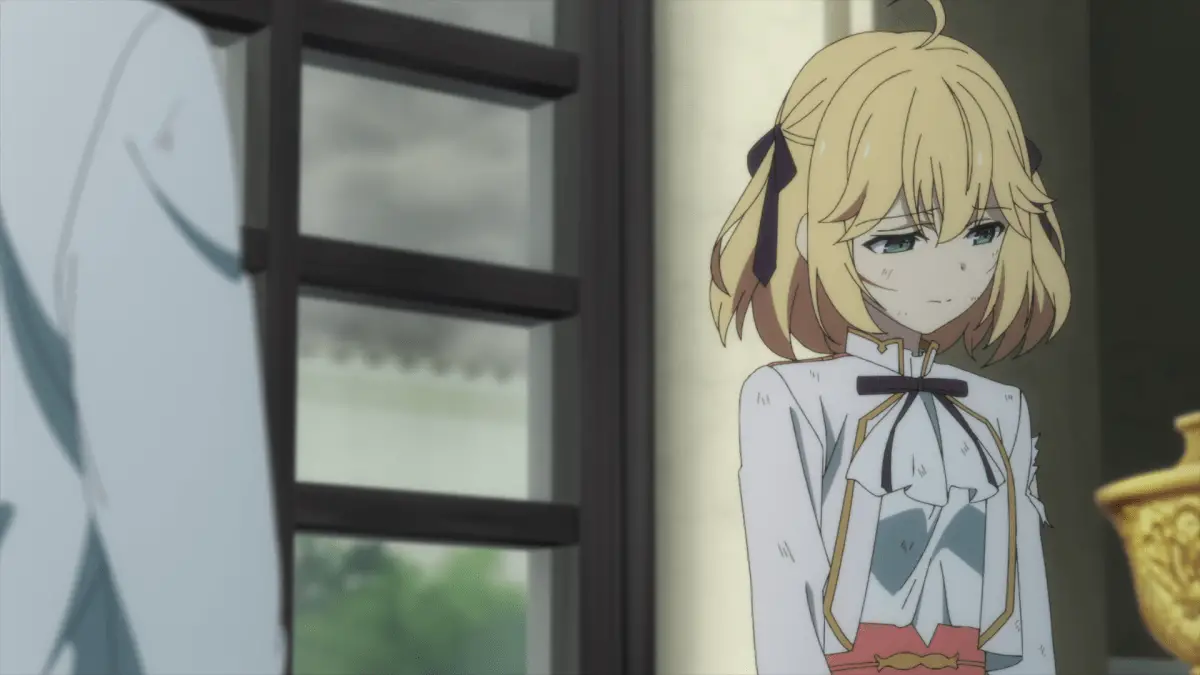
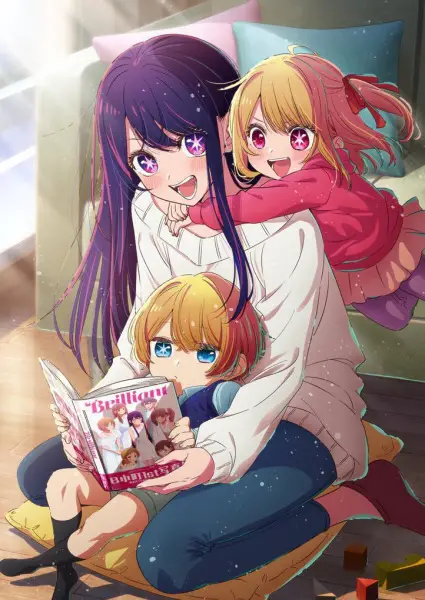


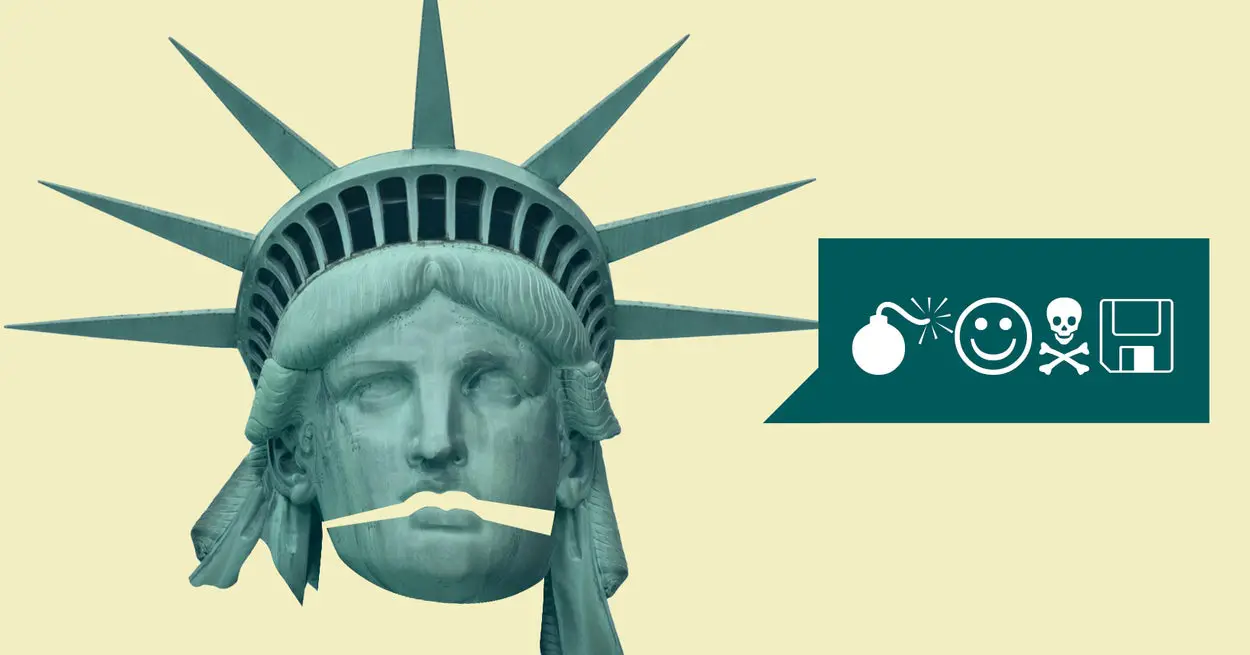
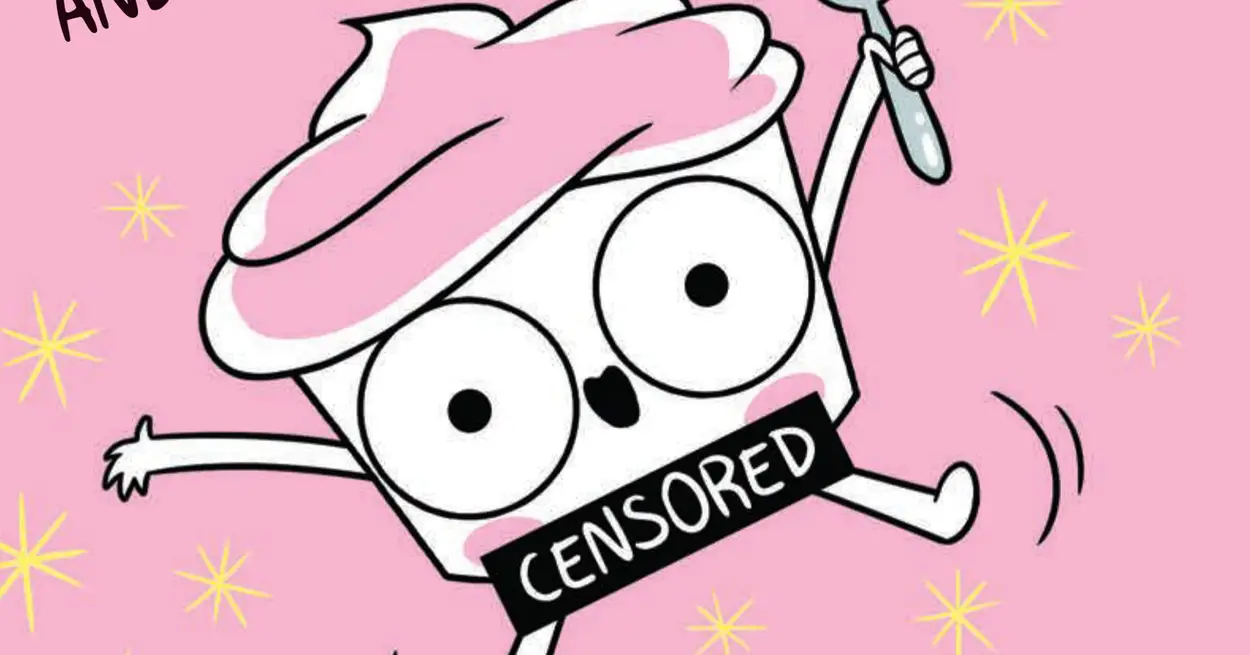

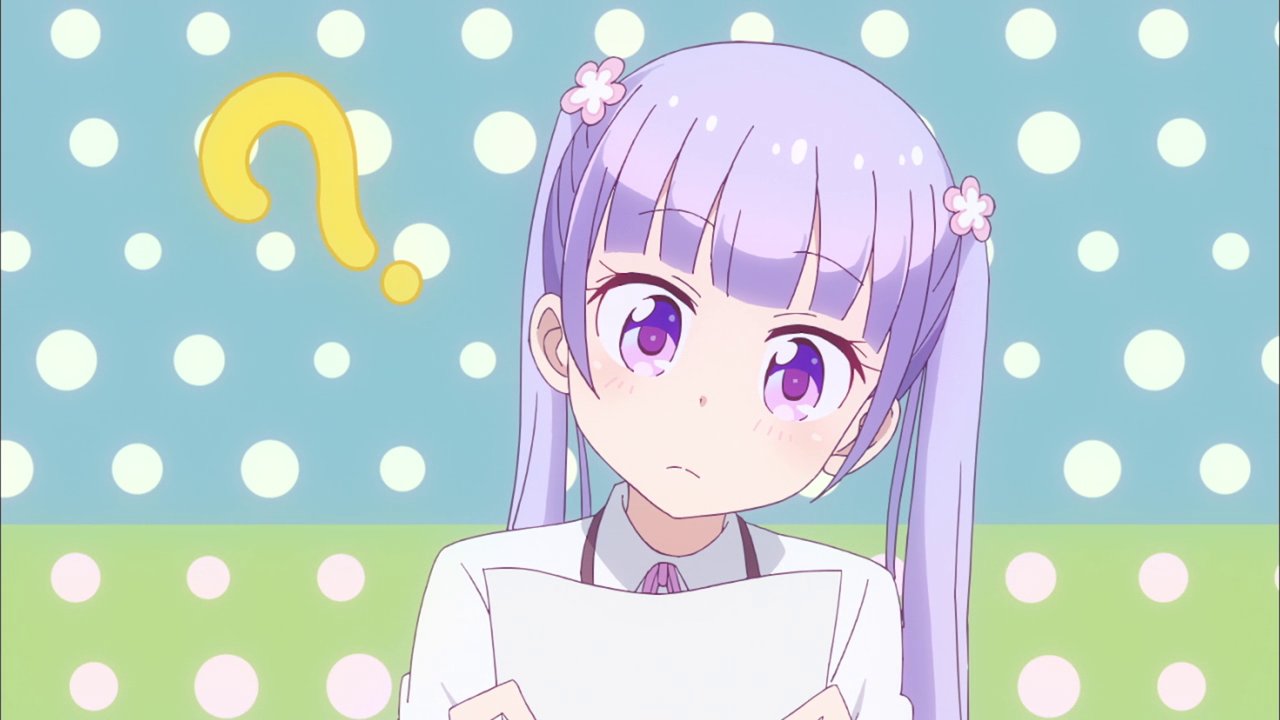
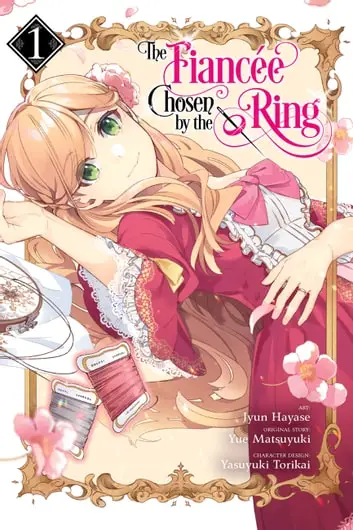
Leave a Reply